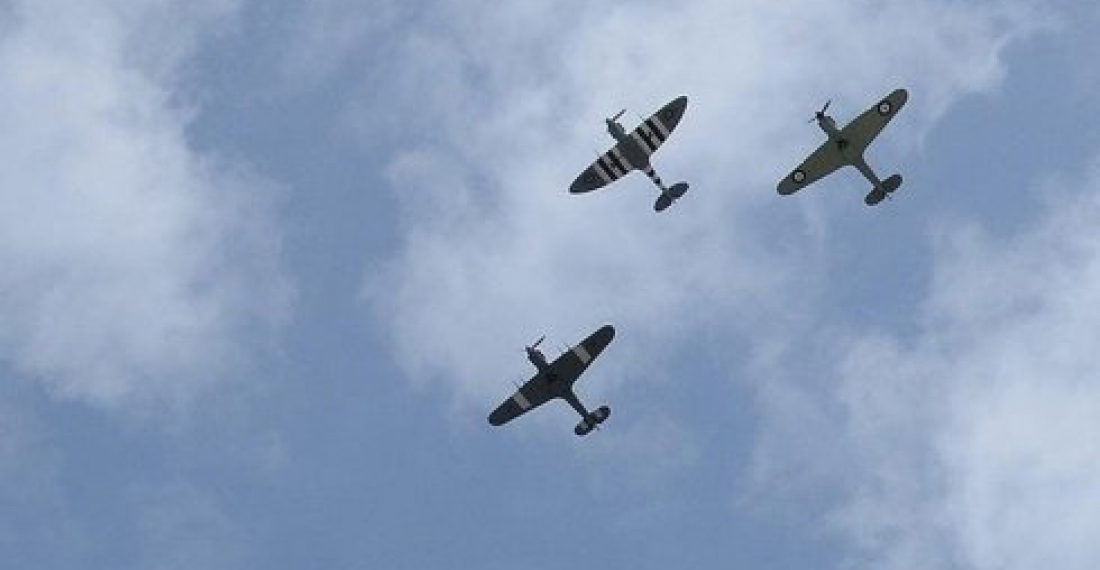Europe is today marking the end World War II seventy five years ago. Celebrations throughout the continent are subdued since most of Europe is under some form of lockdown due to the coronavirus.
After nearly six years of war that ravaged the continent and brought it to its knees, the unconditional surrender of Nazi Germany to the Western Allies and Russia was signed in the early hours of 8 May at a ceremony in a schoolhouse in Rheims, which was the temporary headquarters of the Supreme Allied Commander, General Eisenhower. For Germany, General Alfred Jodl signed the surrender document at 02:41.
To mark Victory in Europe Day (VE Day), President Macron will lay a wreath at the tomb of the unknown soldier in Paris in a closed ceremony. In the United Kingdom Prince Charles will lay a wreath in Scotland and there will be a flypast by the Royal Air Force
Chancellor Merkel will also lead a ceremony at Germany's central War Memorial. In Berlin, residents have been given a special public holiday.
Victory Day is also celebrated in Russia and other former Soviet states, but a day later on 9 May. Large celebrations including a military parade, have been postponed because of coronavirus.
Five years after VE Day the Schuman Declaration opened the way for European unity and the formation of what later came to be know as the European Union
source: commonspace.eu
photo: World War II planes in flypast formation (archive picture)







